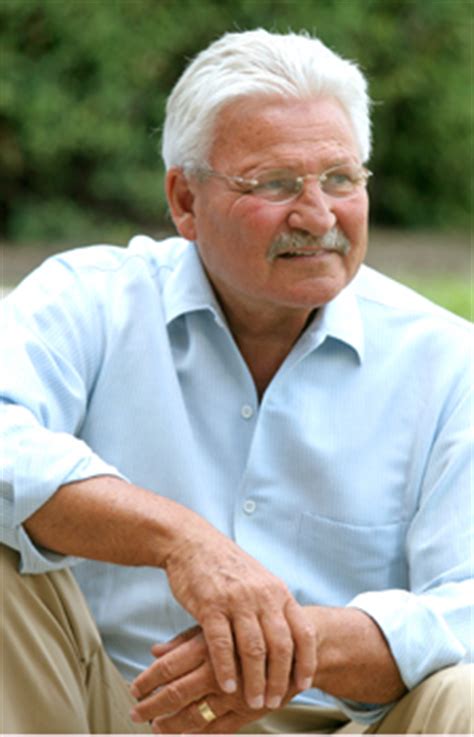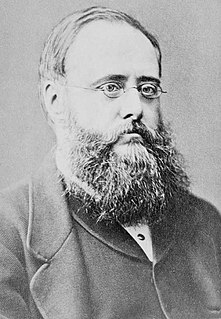A Quote by Henry David Thoreau
All expression of truth does at length take this deep ethical form.
Related Quotes
Mathematics is a form of poetry which transcends poetry in that it proclaims a truth; a form of reasoning which transcends reasoning in that it wants to bring about the truth it proclaims; a form of action, of ritual behavior, which does not find fulfilment in the act but must proclaim and elaborate a poetic form of truth.
Kant's description of most ethical duties reads more like a description of moral virtues and vices. Once we see this, we see that Kantian ethics is indeed a kind of virtue ethics, and that it does not "divide the heart from the head" (to anticipate one of your later questions) but instead recognizes the deep truth that reason and emotion are not opposites.
Every form has its own meaning. Every man creates his meaning and form and goal. Why is it so important - what others have done? Why does it become sacred by the mere fact of not being your own? Why is anyone and everyone right - so long as it's not yourself? Why does the number of those others take the place of truth? Why is truth made a mere matter of arithmetic - and only of addition at that? Why is everything twisted out of all sense to fit everything else? There must be some reason. I don't know. I've never known it. I'd like to understand.
Truth is like the stars; it does not appear except from behind obscurity of the night. Truth is like all beautiful things in the world; it does not disclose its desirability except to those who first feel the influence of falsehood. Truth is a deep kindness that teaches us to be content in our everyday life and share with the people the same happiness.
Ancient worship . . . does truth. All one has to do is to study the ancient liturgies to see that liturgies clearly do truth by their order and in their substance. This is why so many young people today are now adding ancient elements to their worship. . . . This recovery of ancient practices is not the mere restoration of ritual but a deep, profound, and passionate engagement with truth—truth that forms and shapes the spiritual life into a Christlikeness that issues forth in the call to a godly and holy life and into a deep commitment to justice and to the needs of the poor.
I see the President almost every day. I see very plainly Abraham Lincoln's dark brown face with its deep-cut lines, the eyes always to me with a deep latent sadness in the expression. None of the artists or pictures has caught the deep, though subtle and indirect expression of this man's face. There is something else there. One of the great portrait painters of two or three centuries ago is needed.
The woman who first gives life, light, and form to our shadowy conceptions of beauty, fills a void in our spiritual nature that has remained unknown to us till she appeared. Sympathies that lie too deep for words, too deep almost for thoughts, are touched, at such times, by other charms than those which the senses feel and which the resources of expression can realise. The mystery which underlies the beauty of women is never raised above the reach of all expression until it has claimed kindred with the deeper mystery in our own souls.



































